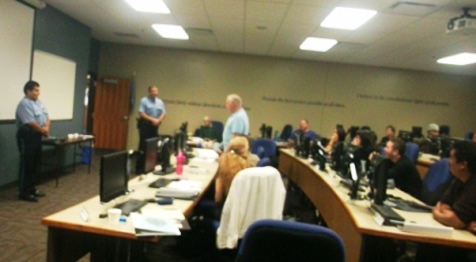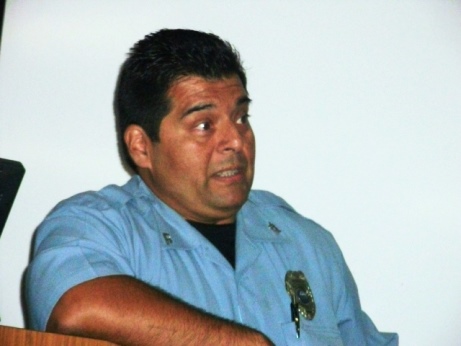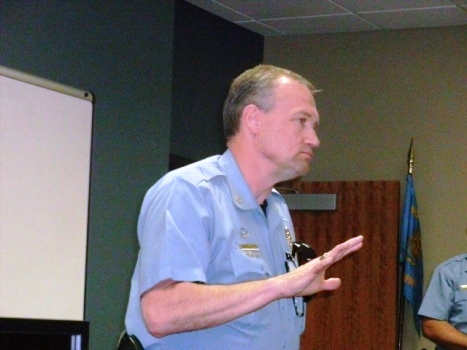Aug. 21
Burglary to auto, 300 block of North 18th, pistol, $480 value.
Auto burglary, 3100 block of North 9th, stereo, $500 value.
Burglary, criminal damage, 900 block of State, store, window, $800 value, four packs of cigarettes, $20 value.
Burglary, 3100 block of Cleveland, television, love seat, couch, $2,300 value.
Theft, criminal damage, 5200 block of State Avenue, U-Haul, four catalytic converters, four exhaust systems, $4,000 value.
Criminal damage, theft, 3900 block of Gibbs Road, AT&T, copper wire, $3,000 value.
Identity theft, 00 block of North Boeke.
Theft, 900 block of Orville, vehicle, $3,500 value.
Theft, 2200 block of Washington Boulevard, trailer, sprayer, ladder, $8,258 value.
Theft, 300 block of South Baltimore, Monte Carlo, $35,000 value.
Theft, 1100 block of Suntree Place, Chrysler Town and Country, $1,400 value.
Aug. 20
Burglary to auto, criminal damage, 1800 block of Village West Parkway, vehicle window, food and drink, blanket, $340 value.
Burglary, auto, criminal damage, 1800 block of Village West Parkway, driver’s window, $400 value.
Burglary, auto, criminal damage, 1800 block of Village West Parkway, passenger rear window, laptop, athletic shoes, $1,849.99 value.
Burglary, auto, criminal damage, 1800 block of Village West Parkway, passenger front window, backpack, college books, binders, $575 value.
Burglary to auto, criminal damage, 1800 block of Village West Parkway, rear window, purse, $335 value.
Aug. 17
Residential burglary, possession of stolen property, 6200 block of Minnesota, revolver, 53 rounds, athletic shoes, $161 value.
Jan. 1, 2005
Identity theft, 1600 block of North 44th.



